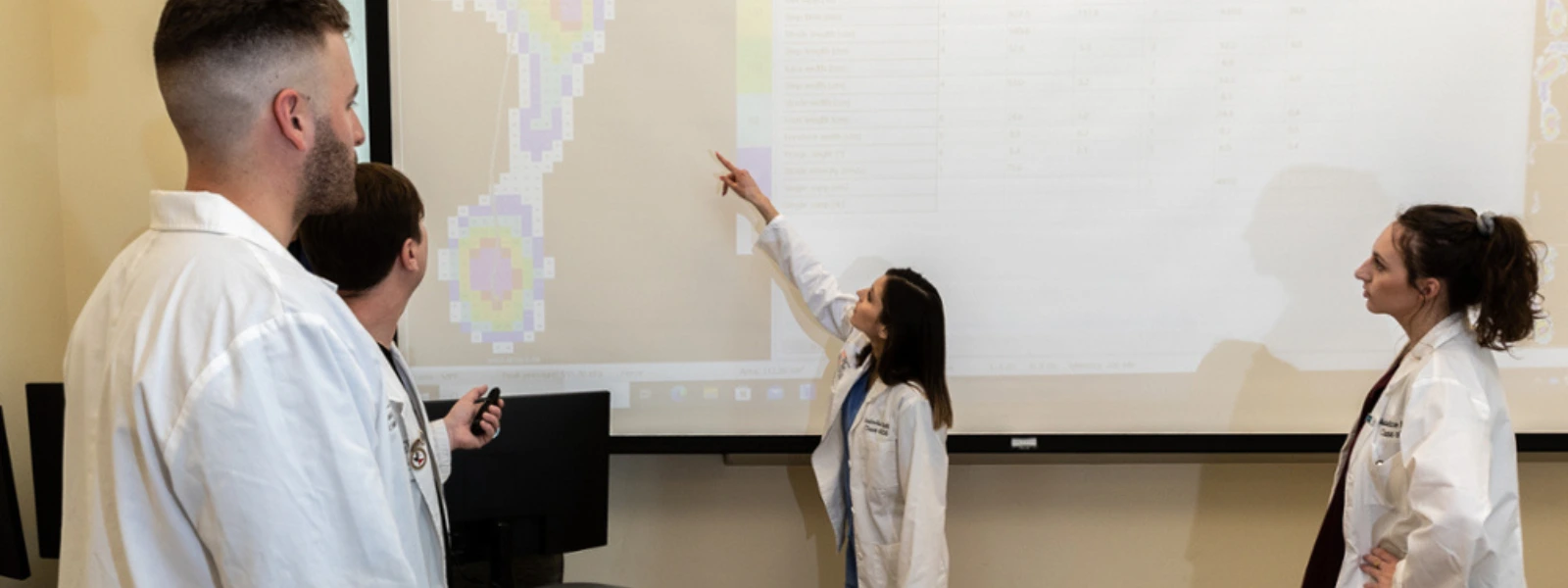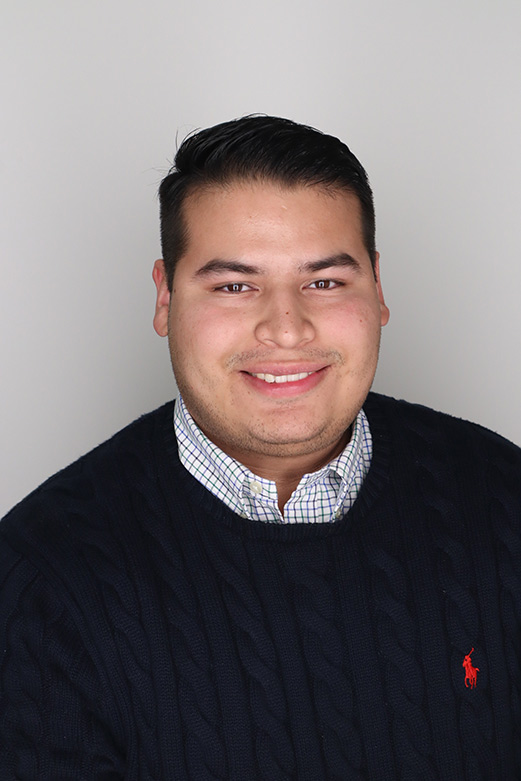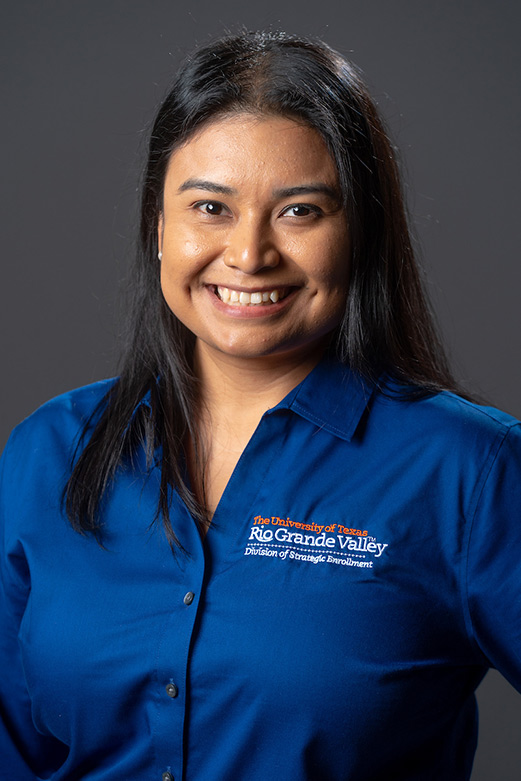To apply to The UTRGV School of Podiatric Medicine, prospective students may apply through either the Texas Medical and Dental Schools Application Service (TMDSAS) or the American Association of Colleges of Podiatric Medicine Application Service (AACPMAS).
Applicants using TMDSAS are also required to complete a secondary podiatric application, which is necessary for consideration. Applying via AACPMAS does not require a secondary application. Students are encouraged to select the application service that best suits their needs.
The SOPM Admissions Committee conducts a holistic review of each applicant, considering academic performance, clinical and research experience, leadership, community involvement, Podiatric shadowing, letters of recommendation, and interview results. Applicants below the recommended GPA thresholds are reviewed individually to ensure fair and comprehensive evaluation.
*To be considered for EY2026, we encourage interested applicants to submit their application by March 27, 2026, via TMDSAS or by June 30, 2026, via AACPMAS.
Education Requirements
According to the American Association of Colleges of Podiatric Medicine, 97% of students entering podiatric medical school hold a bachelor’s degree, with many having completed graduate-level coursework. The UTRGV SOPM welcomes candidates from all academic disciplines or undergraduate majors, provided they have completed at least three years of undergraduate study at an accredited college or university. All prerequisite courses must be taken at an accredited U.S. college or university.
- A minimum of 3.00 GPA (last 60 credit hours towards the degree) is recommended.
- A minimum of 3.2 GPA on all prerequisite science courses (biology, chemistry, and physics) is recommended.
- All candidates must take the Medical College Admission Test (MCAT) by the application year. An exam taken more than three years prior to the beginning of the application cycle will not be accepted.
- Applicants must be a U.S. citizen or a permanent resident of the U.S.
Required Courses
Applicants must have completed a minimum of 90 semester credit hours or 135 quarter hours, including the courses listed below. Applicants may apply while prerequisite coursework is in progress, but all required courses must be completed prior to matriculation.
|
Course |
Semester Hours |
Quarter Units |
|
Biology (lecture & lab) |
8 |
12 |
|
General/Inorganic Chemistry (lecture & lab) |
8 |
12 |
|
Organic Chemistry (lecture & lab) |
8 |
12 |
|
Physics (lecture & lab) |
8 |
12 |
|
English/Communications |
6 to 8 |
12 |
Optional Requirements:
Statistics (optional): A minimum of 3 semester hours (or 5 quarter hours Optional content includes basic descriptive statistics, methods of data analysis, and probability concepts, ideally focused on applications in science. The course should be taught in a math or statistics department. (Note: Calculus does not meet this requirement.)
Additional Considerations:
- The Dental Admissions Test (DAT) and Optometry Admissions Test (OAT) are accepted exams for admission. Applicants who submit DAT/OAT scores will be reviewed on a case-by-case basis. However, preference is given to the MCAT exam.
- Completion of a two-semester Chemistry series is acceptable, provided the credits meet the course requirements of the previous institution.
- Biochemistry may substitute for missing General/Inorganic or Organic Chemistry credits.
- DACA students will be considered on a case-by-case basis.
Recommendation Letters (LORs)
Two letters of recommendation addressing the candidate’s aptitude for professional training: one from a professional reference and one from a prior academic instructor are required. These letters are more than a requirement—they are an essential part of your application, providing a window into the qualities that define you as a future DPM. Through these letters, your integrity, maturity, and other traits can shine. While these traits may also be reflected in your application, the recommendation letters offer a powerful affirmation of your readiness to meet the high standards of the podiatric medical profession
Shadowing Experience
Shadowing a podiatrist provides valuable insight into the daily responsibilities and patient care of a Doctor of Podiatric Medicine. Prospective students are encouraged to gain clinical exposure through observation in outpatient or inpatient settings, helping them better understand the profession and prepare for a career in podiatric medicine.
Residency Placement
The University of Texas Rio Grande Valley School of Podiatric Medicine (SOPM) admits well-qualified students with professional promise, expecting them to succeed. While SOPM anticipates that all graduates will secure a residency, it cannot guarantee that a residency position will be available for every graduate.



